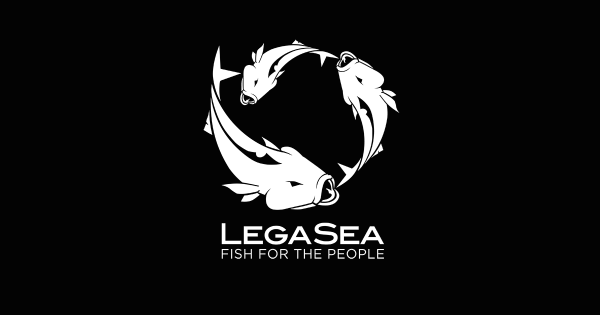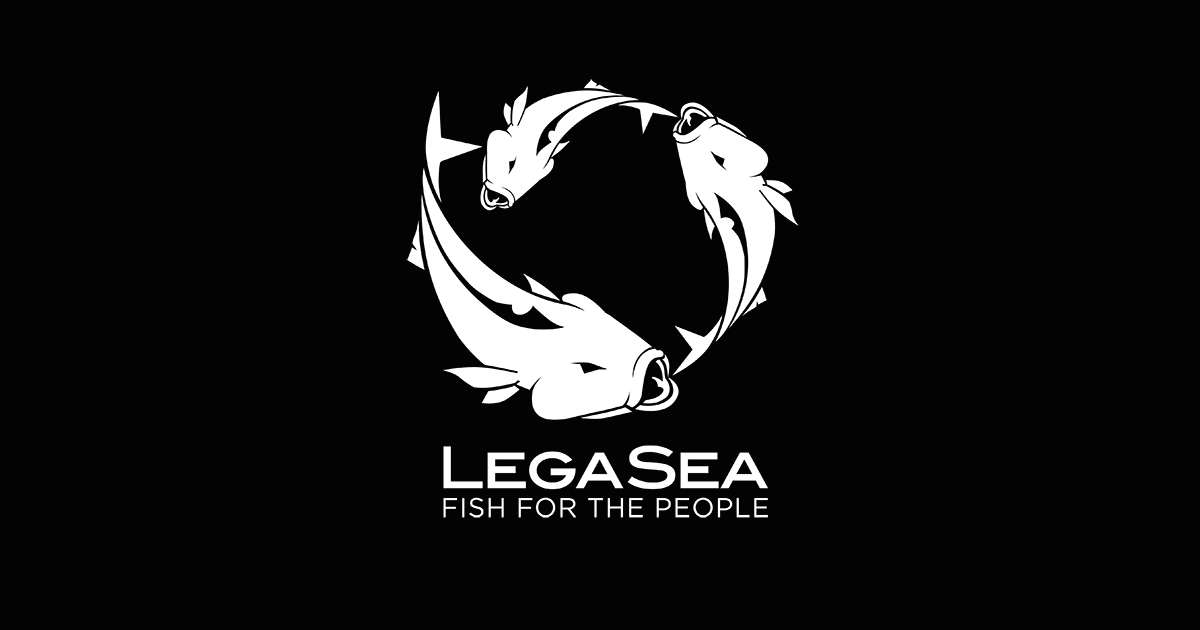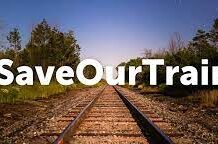
When the Ministry for Primary Industries (MPI) failed to prosecute industrial fishing boat captains for dumping catch it blamed legal advice for the decision.
Now we are told that legal advice never existed. Instead, MPI used misleading information and misdirected both the Minister and the public as to why blatant dumping of fish recorded on camera went unprosecuted. The only reason this has now come to light is because the Chief Ombudsman’s Office has forced MPI to reveal the information after repeated attempts to get the truth of the matter by media, LegaSea and the public.
LegaSea spokesman Scott Macindoe says while the initial decision not to prosecute was bad enough, hiding the information compounds the problem. “Clearly MPI is a ministry totally captured by industry, totally unable to operate in the manner required both by the law and by the public of New Zealand, and totally unable to manage New Zealand’s fisheries.”
LegaSea believes only a fully independent, external inquiry into MPI’s role in fisheries management will be enough to restore public faith in the Ministry. “We already have three reports that demonstrate MPI’s unwillingness to prosecute when there is clear evidence of illegal activity. Now we have a Ministry unwilling and seemingly unable to own up to its own mistakes, instead it has to be forced to do the right thing. We know there are at least 14 more reports that independent researchers are eager to see which MPI is refusing to release and we can’t help but wonder what else is being hidden behind closed doors.
“MPI has awarded the contract for putting cameras on boats to the industry it monitors, it has allowed an industry-owned entity to take over the day-to-day data collection from commercial fishers and the only assurance we receive from MPI is that it’s all going to be OK because MPI will act if there’s any sign of illegal activity. Unfortunately, MPI has demonstrated its inability to do what is right by the people of New Zealand, the true owners of the resource.”






Full support of this call to investigate this crooked industry and agency.
This bears all the hallmarks of what we recognise in other countries as corruption. It is becoming clear that one of the absurdities of our bright little liberal democracy at the bottom of the Pacific Ocean is our unwillingness to call out corruption for what it is. Nicky Hager’s exposure of ‘dirty politics’ was an exposure of corruption, the Oravida fiasco was corruption and there are many, many other examples where it looks like corruption, acts like corruption but, strangely, we don’t want to admit it as corruption. Corruption occurs when the elites who hold the power determine the political structures to retain that power. The popular imagination has it that corrupt officials do this with bribes. But here in NZ it is far more entrenched and manifested in the structures of the elite hierarchies. We see it in the RMA’s refusal to admit climate change as consideration in resource consent hearings. We see it in the unlimited funds that public sector institutions have at their disposal to employ legal processes to bully and dispose of staff. We see it in the workforce when ‘legitimate’ complaint processes offered to staff are actually used but end up in the complaining staff member being sacked. New Zealanders have a rosy picture of their country, reinforced by international reports on corruption. The reality, as many people are beginning to realise, is quite different and aspects of life here are now taking on the character of Zimbabwe or Russia.
Comments are closed.